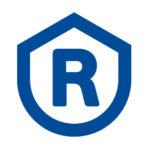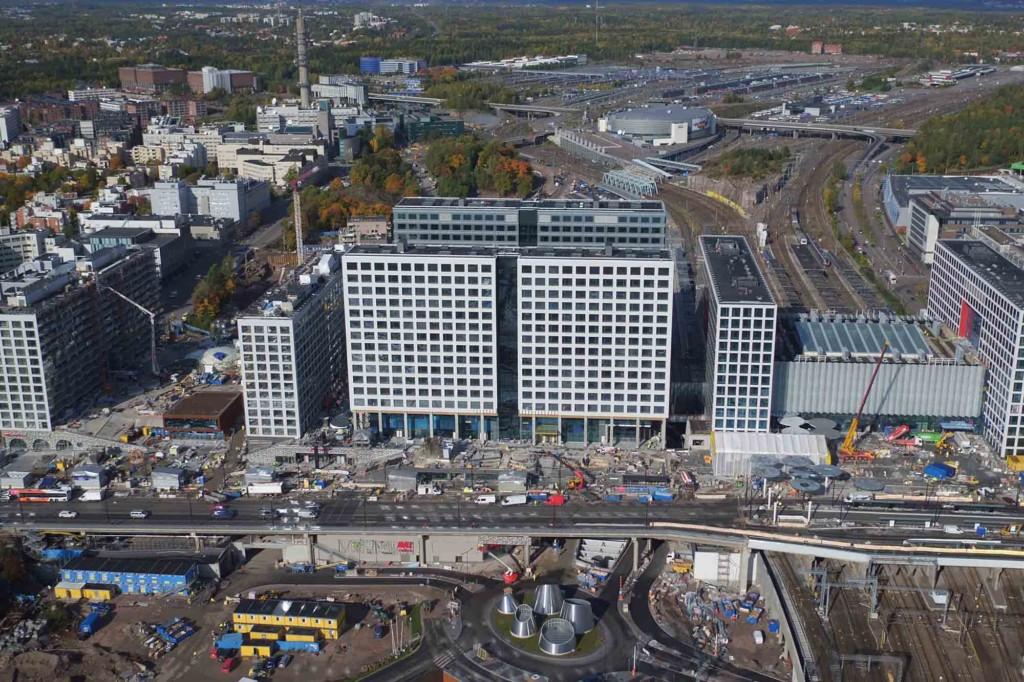Nokian Tyres factory in the United States achieved a LEED certification
The Nokian Tyres factory in Dayton, Tennessee, has achieved a LEED v4 Silver environmental rating. The plant, which produces four million tires a year, opened a year ago and commercial production began in January 2020. The project, which was consulted by Raksystems GBP, sought reinforcement of safety and sustainability of the factory.
Energy and environmentally efficient factory
Numerous solutions supporting sustainable development have been implemented in the construction of the factory. Raksystems GBP was involved in consulting throughout the project and our experts guided the design and implementation of the project in accordance with the objectives of the certificate. The 135-hectare, 400-employee factory campus especially strived for environmental friendliness, for example with low emissions and energy efficiency. Sustainable development has been a priority since the planning of the Dayton factory began.
Environmentally friendly building materials were selected during the construction phase of the property, and intelligent and energy-saving building automation was used during construction. There are multiple electric car charging points in the parking area. Efficient water and waste management and maintenance systems and a comprehensive stormwater delay were created at the factory.
Nokian Tyres also invested in renewable energy related to energy efficiency. The three-megawatt solar panel system installed in the parking lot generates approximately 4,000 megawatt hours of solar electricity per year. This amount of energy can be used to cover, for example, 100% of the energy needs of the administration building, and the energy will also be used by the factory building. For comparison, this amount of energy would be enough to cover the annual energy consumption of up to 300 Finnish detached houses.
“The project has been particularly interesting and challenging, as environmental certificates have seldom been applied for the factory buildings globally, due to for example their intensive use of energy. In addition, this has been our first project in North America, bringing us a tremendous amount of learning about the construction culture and practices here, further emphasizing the importance of this great achievement,” says Simo Skogberg, leading expert at Raksystems GBP.
Investing in employees’ wellbeing
There was also a desire to invest in the wellbeing and safety of employees working at the factory. In front of the factory, green areas of more than two hectares have been installed. The goal of these trees, plants, and a pond was to create a cosy place, for example to spend time with colleagues.
A LEED v4 Gold certificate has also been also applied for the administration building, and the building has been designed and built in accordance with the requirements of the certificate. The administration building has various amenities that promote the wellbeing of employees. The building includes versatile office and meeting facilities, a fitness area, a childcare room, a canteen, and a sauna. There are many open work areas in the building that aim to feed the company’s culture of cooperation. If the weather allows it, work can also be done outdoors in the new yard area.
“It has been great to work with Nokian Tyres. We especially appreciate their commitment to the high standards of sustainability, energy and the environment. These are now secured with LEED certification for the Dayton plant,” says Skogberg.
“At Nokian Tyres, our goal is to manage the environmental impacts of our products over their entire life cycle. We want to be an international industry leader in sustainability, so obtaining LEED certifications for our facilities is in keeping with this philosophy,” continues David Korda, Construction Manager at Nokian Tyres.
Environmentally friendly building through LEED certification
The LEED (Leadership in Energy and Environmental Design) certification system is an American Certification for the design, construction, operation, and maintenance of buildings. It is developed and maintained by the Green Building Council (USGBC). This world’s most common certification system assesses the environmental performance of facilities, buildings and areas.
The certificate verifies that the building has been designed and built in accordance with strict environmental objectives. The certification provides tools for the sustainable maintenance of the building and savings in energy consumption. LEED-certified buildings use less energy and water, produce less waste, have better indoor air quality and are less harmful to the environment in their community.








